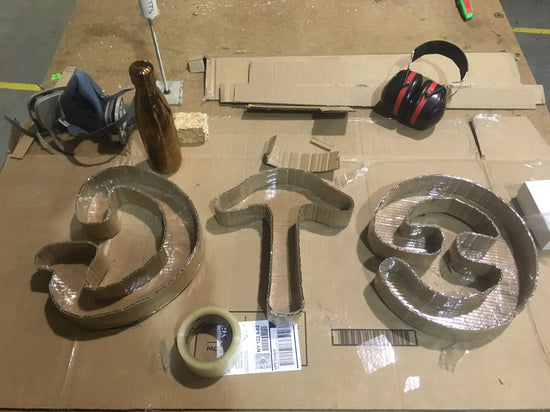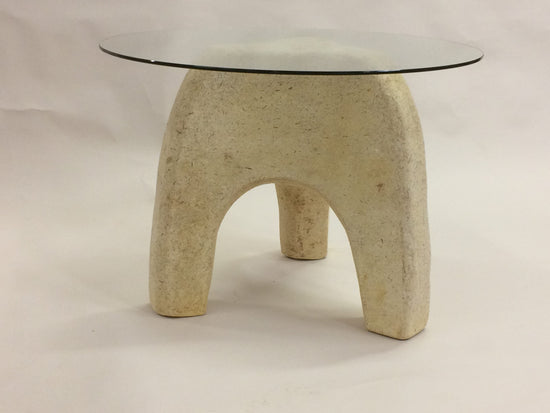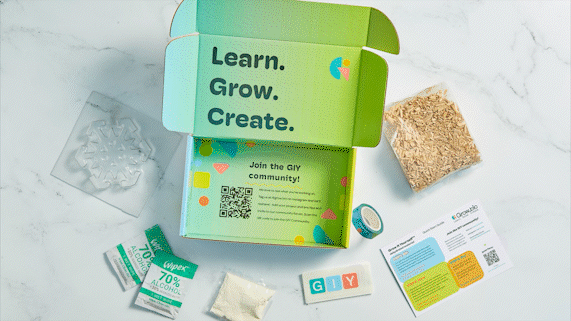Ecovative Wins EPA Grant
For Immediate Release: RPI start-up, Ecovative Design, awarded EPA Green Technology Contract for new green insulation. Ecovative Design, LLC., a green tech startup located at the Rensselaer incubator in Troy, NY was chosen out of 300 applications for one of the 23 Small Business Innovation Research grants awarded in January. The purpose of these grants, totaling $1.6 million, is to bring promising new green technologies to market. For 27 years, the Environmental Protection Agency (EPA) has invested to support American ingenuity in bringing new technologies forward that safeguard and improve the environment. Kevin Teichman, deputy associate administrator for EPA’s Office of Research and Development, said in a news release Feb. 20, “We believe that small businesses can be leaders for green innovation and they are proving that economic and environmental gains can go hand in hand.” Ecovative Design was one of two companies represented in the green building category and the only company selected from the northeastern United States. This green start-up, founded by Rensselaer graduates Eben Bayer and Gavin McIntyre in 2007, is revolutionizing the way the world makes materials. Ecovative has developed a radical new process for growing materials, without light or electricity, using low value lignocellulosic feedstocks, such as rice husks or cotton burrs. This enables affordable replacements for conventional synthetics, things like foams and plastics, which are normally made from petroleum. Gavin McIntyre, Chief Scientist at Ecovative Design and author of the grant, traveled to Washington, D.C. in February for the EPA’s kick-off with the proposals principal investigator, Sue Van Hook, who also serves as a mycologist at Skidmore College. The meeting prepared them for the Phase II application process that takes the products generated during research and development in Phase I to commercialization. McIntyre and Van Hook will be working to improve Greensulate™, Ecovative’s sustainable alternative to conventional rigid board insulation. Initial formulations of Greensulate™ used both minerals and agricultural byproducts for production. Van Hook and McIntyre will be developing and testing new versions, which are comprised entirely of agricultural by-products, further lowering the cost, and environmental impact, of this groundbreaking material. On the impact of the grant McIntyre said: “Greensulate™ is a huge step forward for the building industry, allowing commercial buildings to meet LEED standards for energy efficiency, while using the upmost in sustainable materials. We are thrilled to have the support of the EPA, and look forward to moving this material into the market.”




